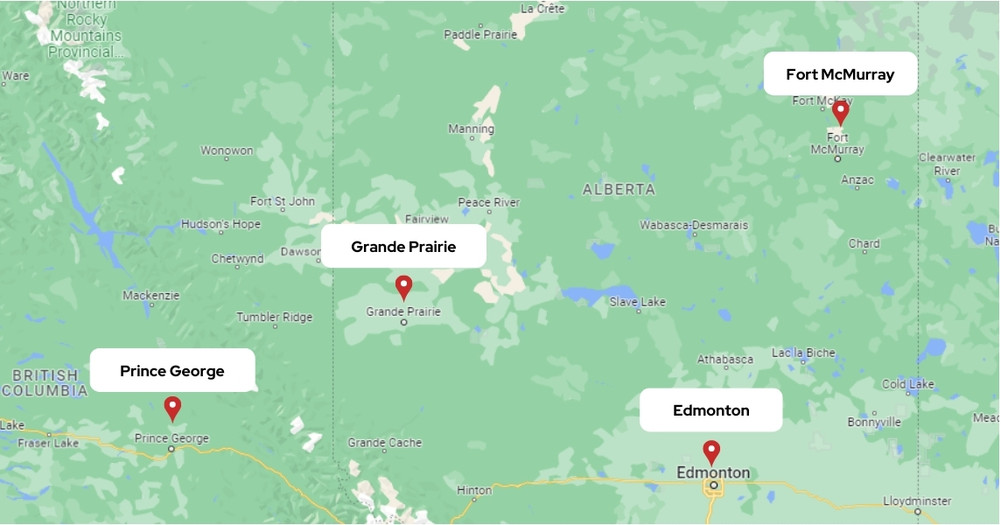Thinking of a budget might be impossible for some of us, not even talk about creating and following one!
However, with Covid-19 cases rising over the provinces and stay-at-home orders, economic recovery is still uncertain. Many of us are learning in the hard way how important savings and emergency funds are.
But, with the pandemic hitting Canadians hard financially and reduced incomes, we better be prepared for the future rather now than later. The difference between a “normal” budget and a Covid-19 budget is the lack of regular income, within the uncertain times we are facing right now. This is the time to make smart decisions and make the most we can with our finances.
It will require flexibility to emerge from this financial crisis without more debts and hopefully, peace of mind.
Identify where your money is and what your spending habits are
First things first, you need to know where all your money goes to make your budget work. Tracking all your expenses and reconsidering your payments would be the key to a successful budget. A good start is to get your credit card and bank statements, so you have a general idea of your expenses. The next step is to document all your receipts (even that $5.25 cup of coffee) and bills. Remember that every loonie is an asset for your budget, especially during pandemic times.
Keeping track of your money will encourage you to eliminate non-essential expenses, and you will be able to reevaluate spending habits. We consume more during crisis to cope with lockdowns, anxiety, stress or sleepless nights. Consequently, we become emotional spenders. That extra pair of shoes is wonderful, but it’s also gratifying to set a path to reliable savings.
Recognize what your essential needs are versus your wants
After you have figured your expenses, it is time to revise each one of them. Knowing the difference between your needs and your wants is essential for a realistic budget and the path to cut avoidable charges.
Focus on settling down your most important needs which are: housing, food, utilities, and medicine. Keep in mind that what might be considered a “want” for one person is a real need for another. Unfortunately, paying for five streaming services, designer clothes, and takeout every day are not contemplated as essential expenses.
Once you have your essentials covered, targeting your debts is the next step, especially if you are facing loss of income. Consult with your financial institution or lender about short-term repayment arrangements, if you have any existing debt. Make the most of payment reductions and deferrals. Your needs and wants might change overtime. From a pay raise to a bill increase, updating your budget will help you prepare better and more consciously.
Involve everyone
The budget is not the work of a single person. We have to engage the people living under the same roof and with whom we share expenses in the financial decisions. Partner, family, roomies and even kids, if they are old enough to understand, they should be involved. If you have a partner or spouse, sit down with them and discuss expenses and savings, examine what costs you can cut to meet financial goals. Same with family and roomies, even if they are not completely on board with the idea.
Budgets are not a way to confine or restrict, on the contrary they free you from the fear of uncertainty. Since you have already assigned all your expenses in your actual needs.
Explaining to your family or roommates that this is not financial planning, rather than financial survival, will make them less reluctant to cooperate with you. Once they understand changes are short-term actions to overcome the crisis, they will commit to the budget, and even exchange good ideas.
Look for free and low-cost activities
As mentioned above, budget is not synonymous with deprivation. With Covid-19 lockdowns still in place, we need to look for accessible resources to entertain and educate ourselves.
Necessity is the mother of invention. Thus, learn to cook with your partner, walk in the park with your family, schedule video chats with friends, try that new sewing kit you purchased a couple of years ago and never had the chance to use. Your mental health is more important than your budget, but it shouldn’t be an excuse for emotional spending. Theaters, museums, universities and other cultural institutions are offering virtual talks, performances, concerts and even digital courses that are free or low-cost for all people.
You can book your free consultation with a debt expert here.


